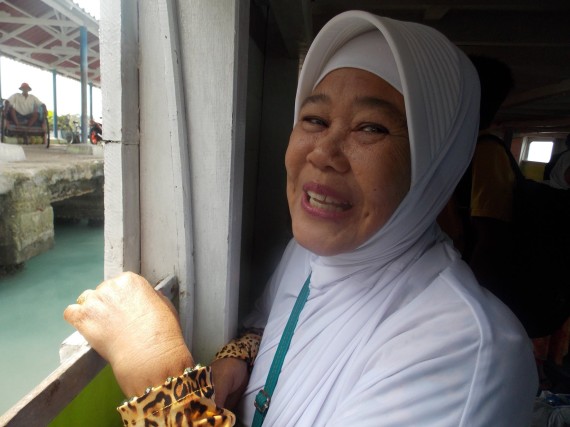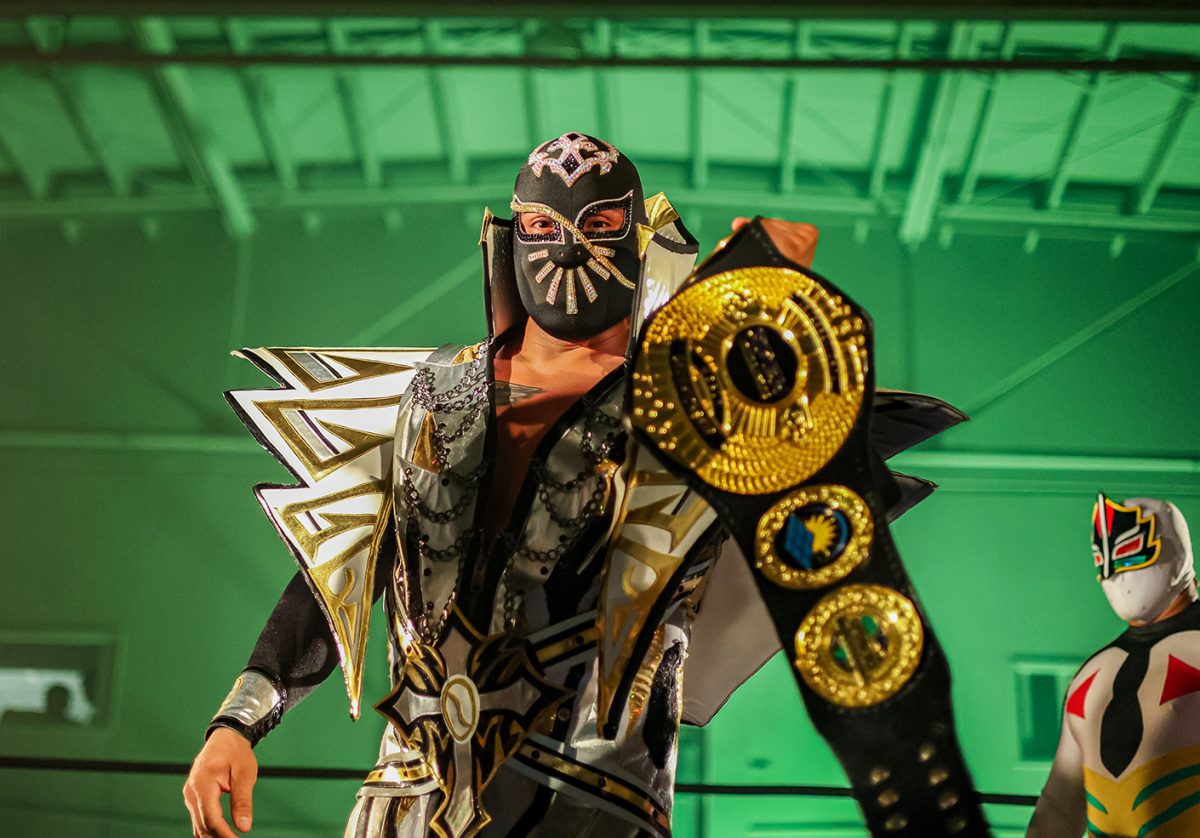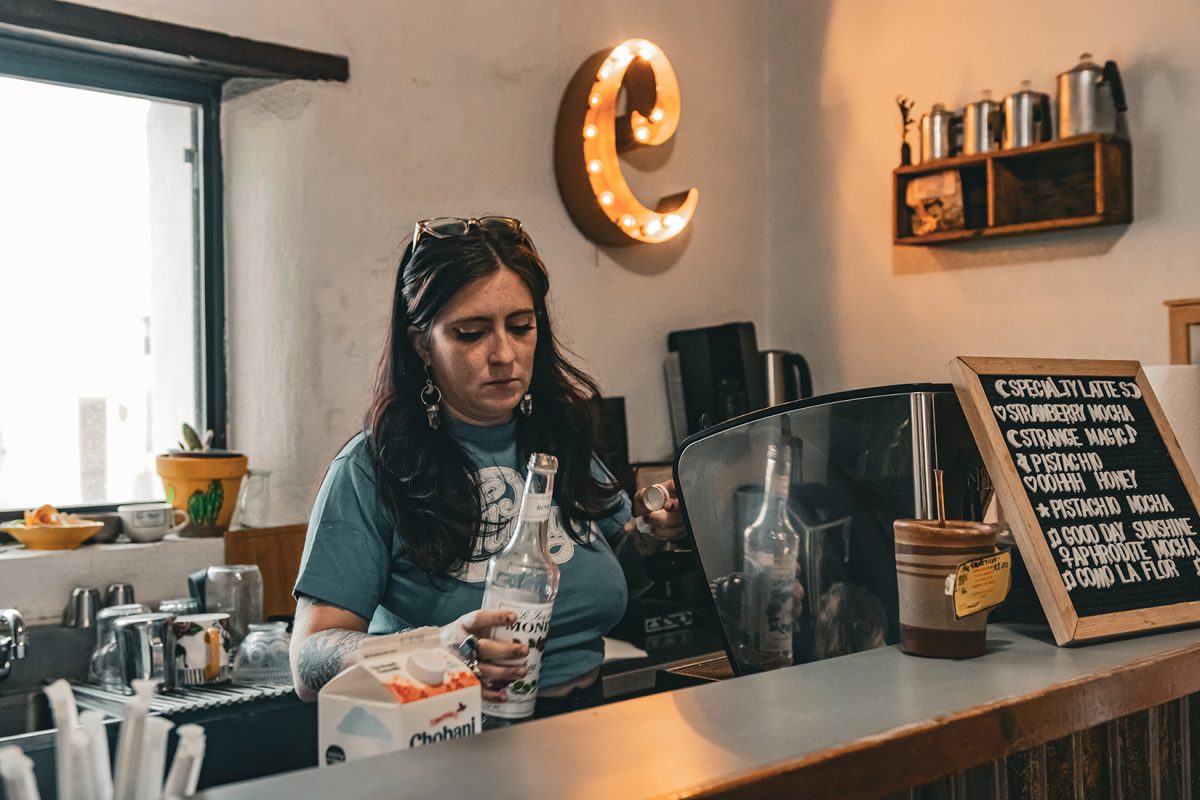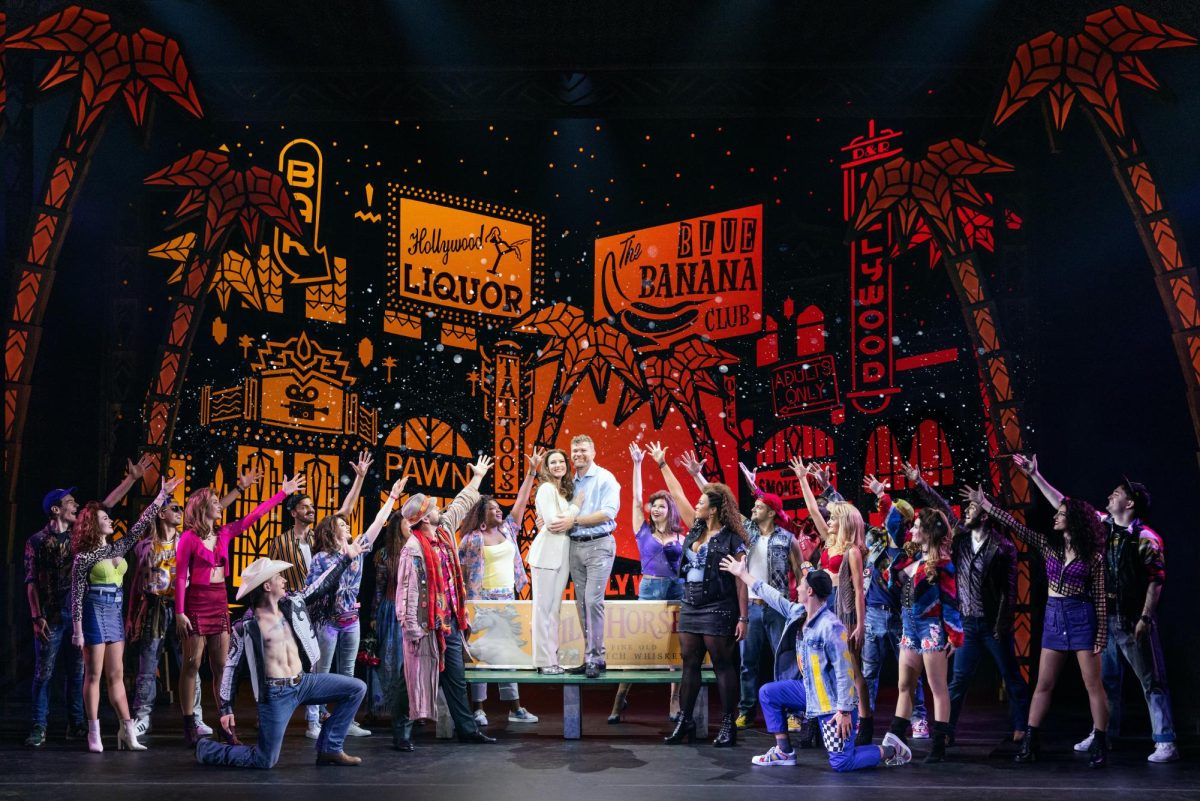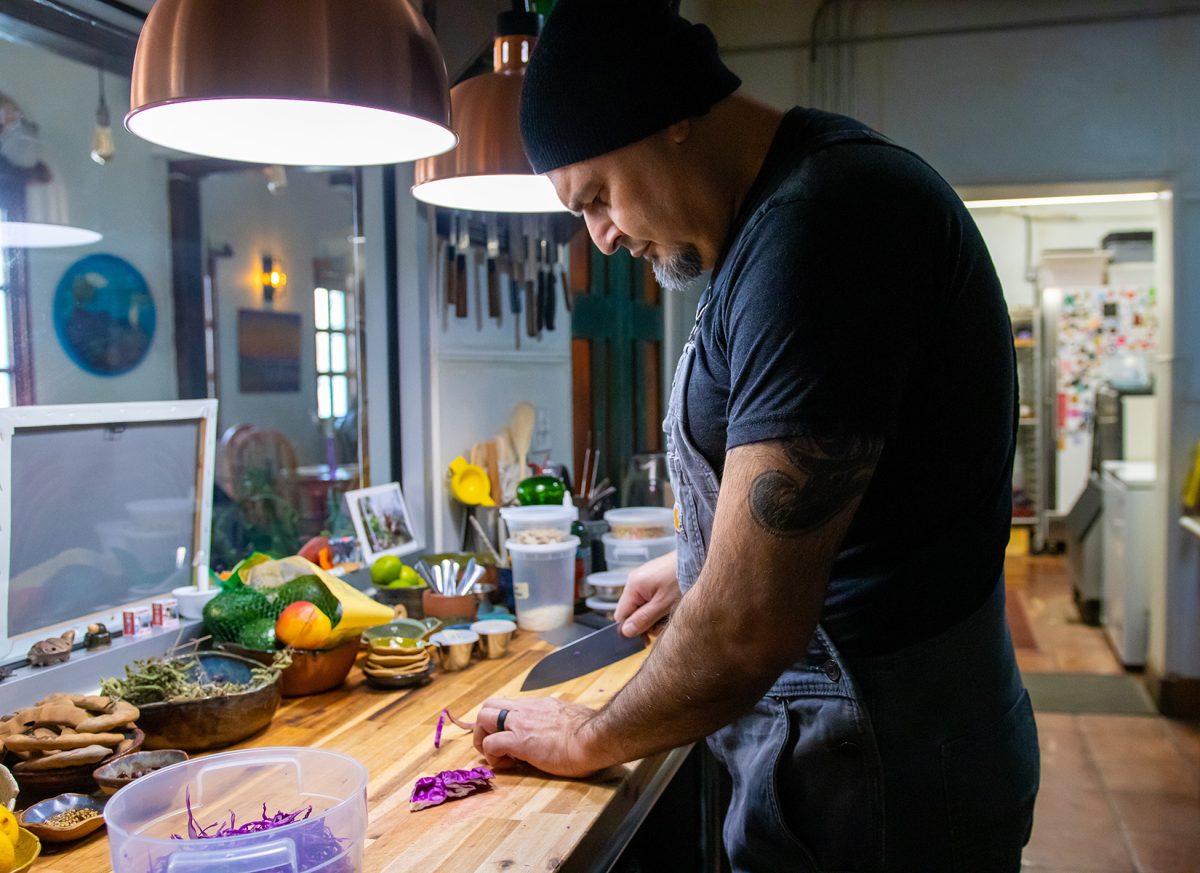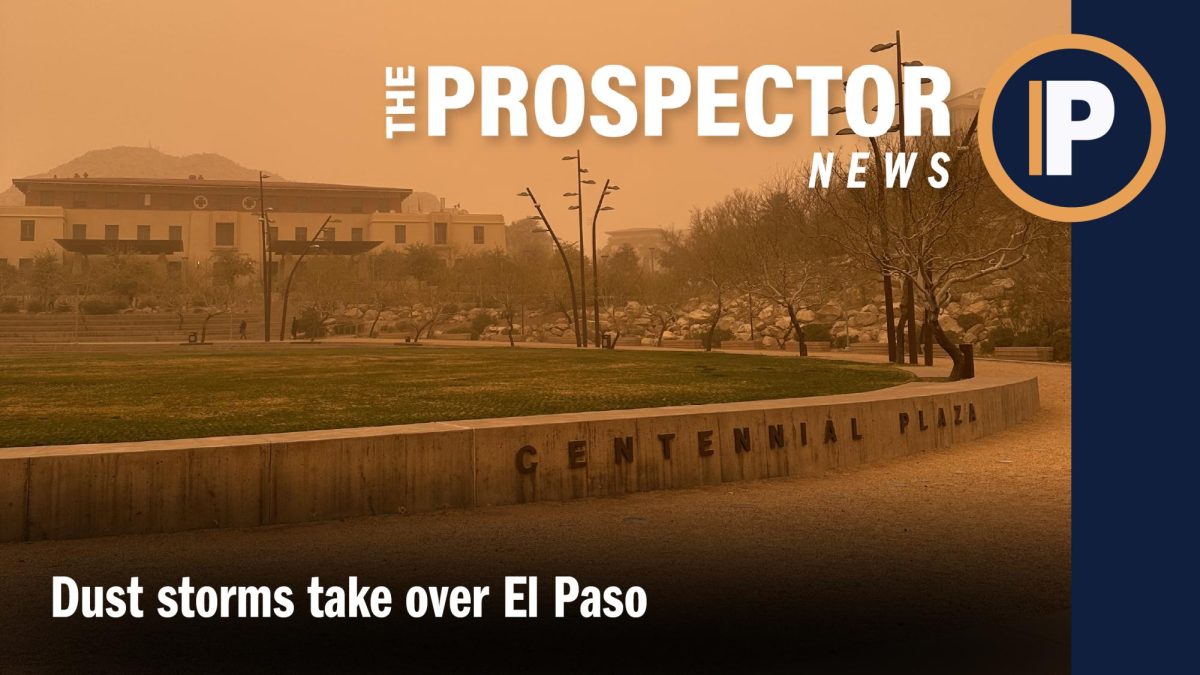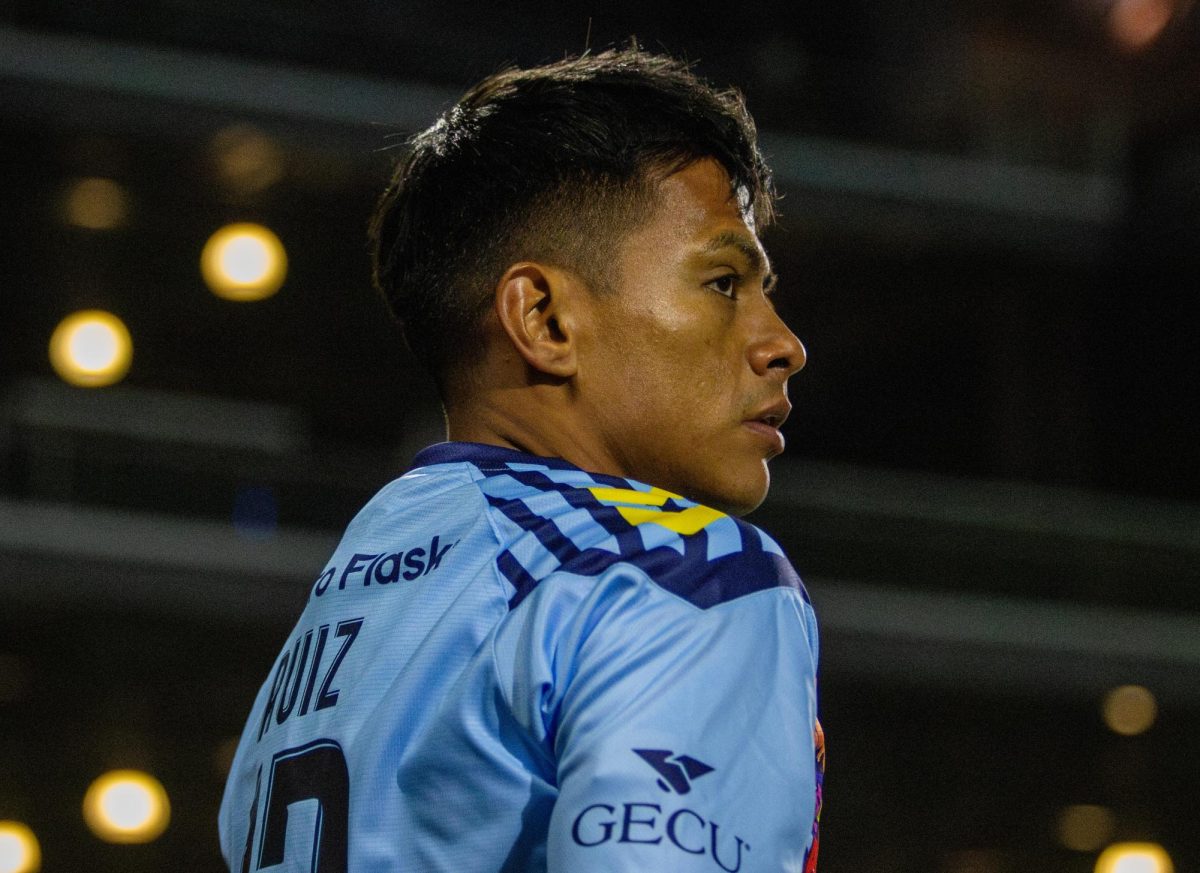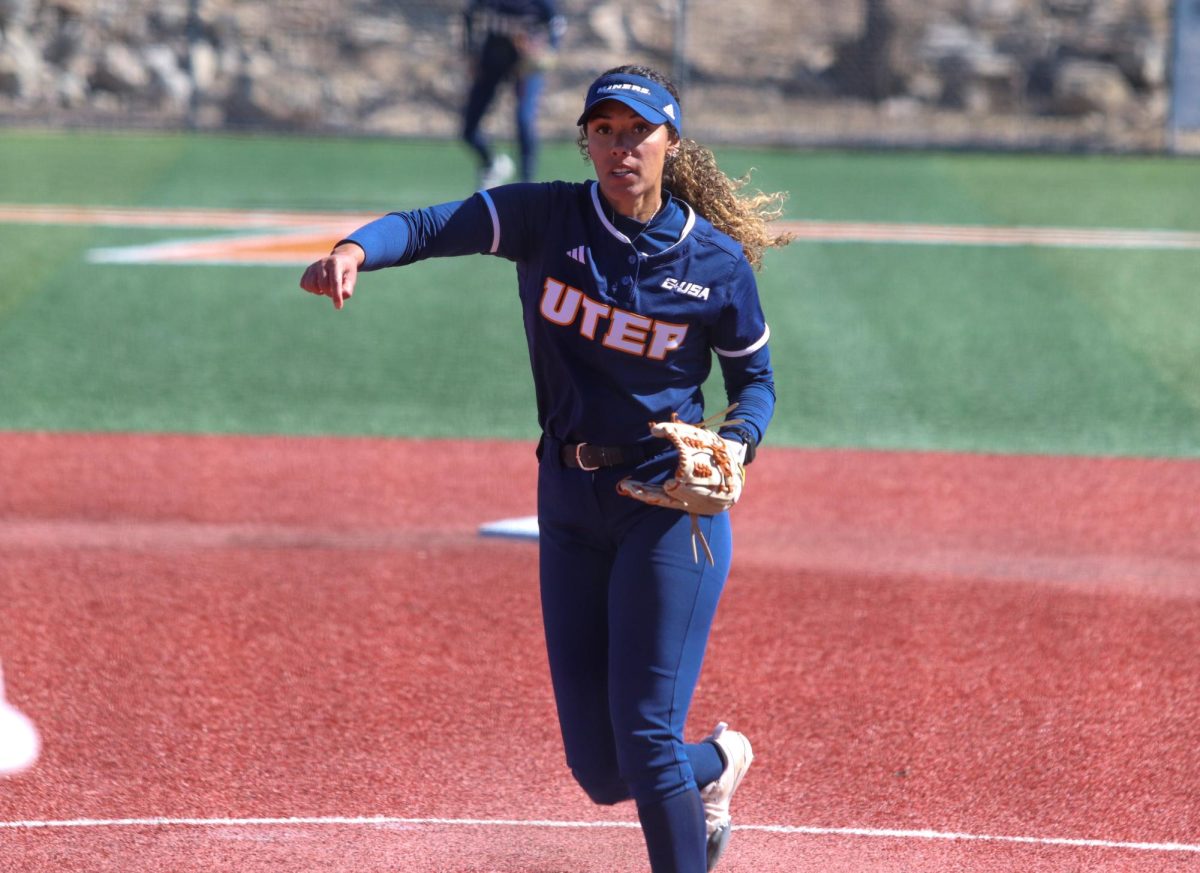Editor’s note: Maria Esquinca is a staff reporter at The Prospector and is currently in Indonesia for a study abroad program.
The boat arrives at the port cutting through crystalline blue waters amidst the shouts of both the people on the boat and on the port. They’re laughing at some joke I can’t understand. Once the boat lands there is a rapid flurry of motion as people on the port get in through the windows while others try to get out, crates of eggs are moved, tarps are rolled up, shoes are picked up and piled suitcases are transported out. We had arrived at Harapan Island. 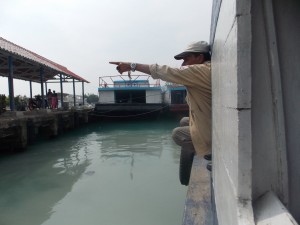
Transporting us to our homestay, specific houses meant for visitors, was a man on a bike with a kind of chair attached at the front. Alongside him and his labored breathing, I rode through the cobblestoned streets of Harapan Island. I saw a whole stretch of the sea spread out before me while I looked on in awe. Ding! Ding! Ding! He rang his bell past the islanders to let them know he was passing by.
In the island everything is different.
Our homestay was simple—it had two bedrooms, a bathroom and a living room. Our room consisted of two neatly made thin mattresses atop the tiled floor. The bathroom is a hole in the ground with a bucket full of water and a container with a handle beside it. It must be manually flushed. The shower room, which was separate from the bathroom, was the same. There was always that first splash of water that I could never get used to, a sudden prick of coldness awaking my warm body. I never thought of hot showers as a luxury until then. 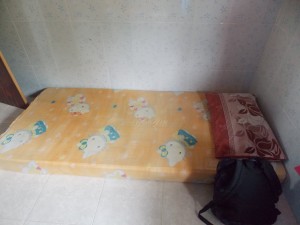
At the little stand beside our homestay they sold pop ice, a popular slushy drink made out of flavored powder and crushed ice blended together. This is where I bought a refreshing fruit flavored drink every day for 2,000 rupiah, a little less than 20 cents. For the same sized drink I’d pay four bucks at Starbucks.
Even the cats were different. Most of them had bent or crooked tails, a result of various generations of inbreeding. They were thin and seemed to always be relaxed, nonchalantly walking in a slow gait, looking at you through the slit of their half open eyes. Forever cool. 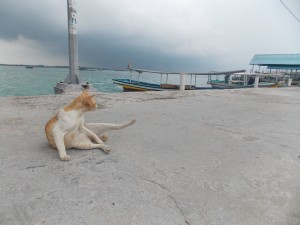
The hardest thing was having no Internet access. I was suddenly confronted with the task of deciding what to do with free time, but also burdened by a lack of communication to the outside world, which usually meant loved ones. The digital disconnect was liberating at times but more than anything isolating.
The streets were small and intimate. It was on the island, walking through the streets in front of people’s houses that I got to come in close contact with the people of Indonesia in both a physical and emotional level.
A mother calling out to her children, a group of four men sitting and talking in their front yard while taking a drag from their cigarettes, an old woman sweeping the street while nodding my way and returning a smile, a group of kids pointing and screaming at us excitedly, “Bule! Bule! Bule!,” the Indonesian word for white person. I saw the humble, hard working people of Indonesia that Nukee had talked about in the boat before me, returning my glances with curious and wondrous eyes, sometimes with a hello, a Selamat Pagi, or simply a smiling nod of acknowledgement. 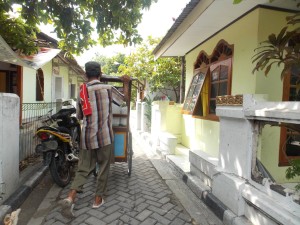
The island was overall strikingly beautiful. It had seemed that we arrived in paradise. When we first walked into the port I was amazed. I could see the bottom of the ocean floor from where I was standing. It was in Harapan Island where I first came to know the ocean, and fall in love with it. I could sit on a boat staring at the ripples of the ocean for hours, filling myself with wonder at the different variations and seemingly infinite endlessness of those crystal clear waves. I felt lucky to be alive. 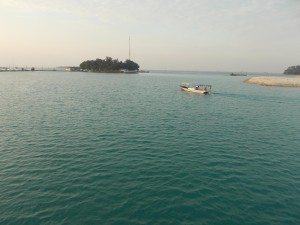
At 6 a.m. I can still hear the island coming to life again. The call for prayer is heard vibrating from the mosque throughout the corridors of the streets until it echoes into my room. The light of the sun is just rising slowly, subsiding the night sky. Outside of the door is one of the many island cats, with his crooked brown tail he awaits, like everyone else, for nothing in particular but the act of living. Two kids shout while playing. In the small wooden hut in front of us the woman has begun cooking. She is serving hot coffee to the men sitting at the table beside her little stand. In the backyard is her husband, chopping wood, sweat dripping down his forehead, as he works tirelessly. Beside him a rooster croaks sending out his long clear call into the sky, marking the beginning of another day at Harapan Island, the island of hope. 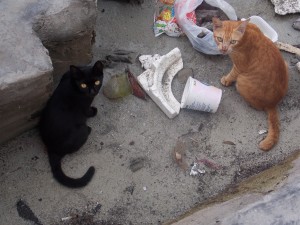
Maria Esquinca may be reached at [email protected].


